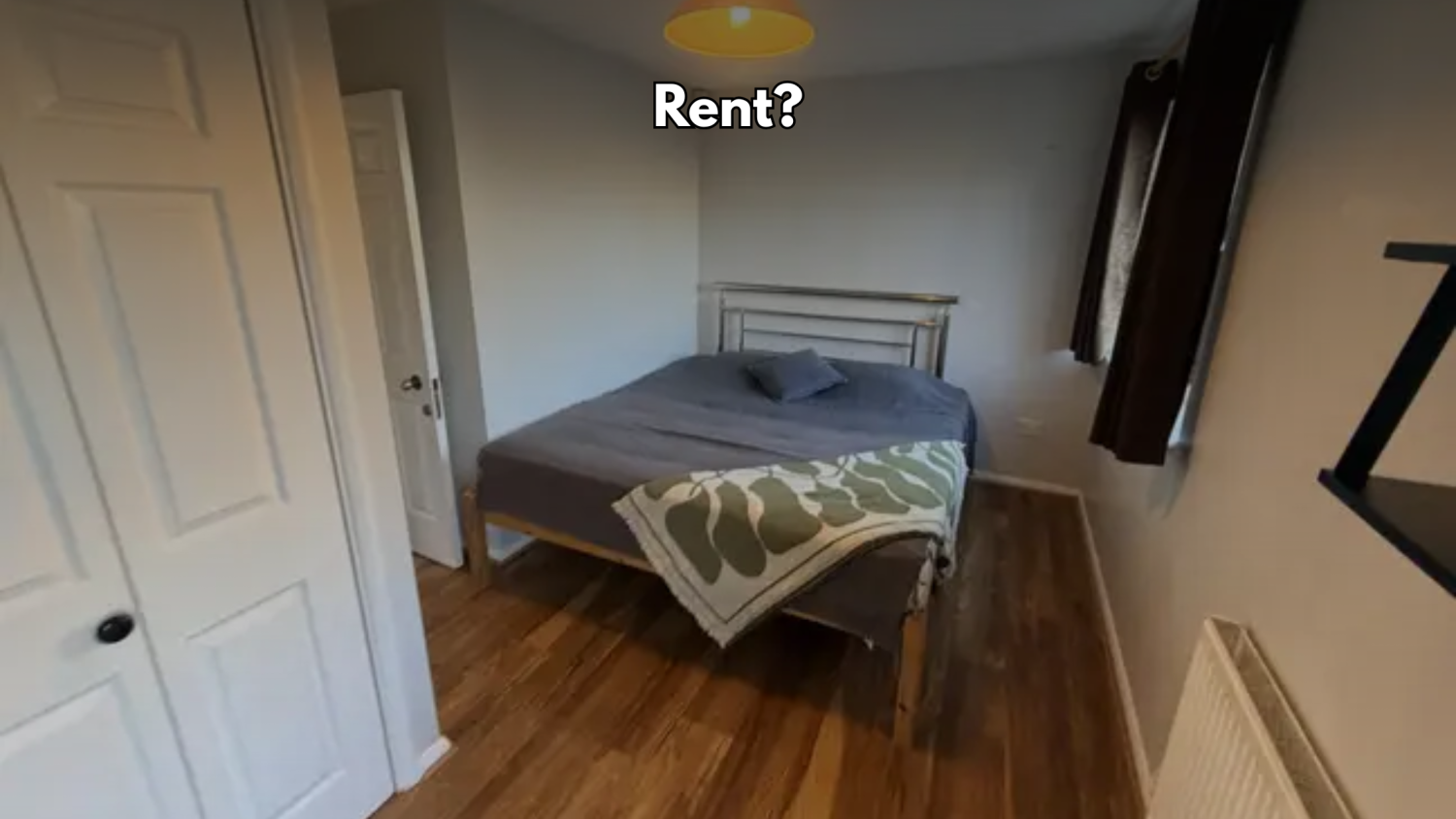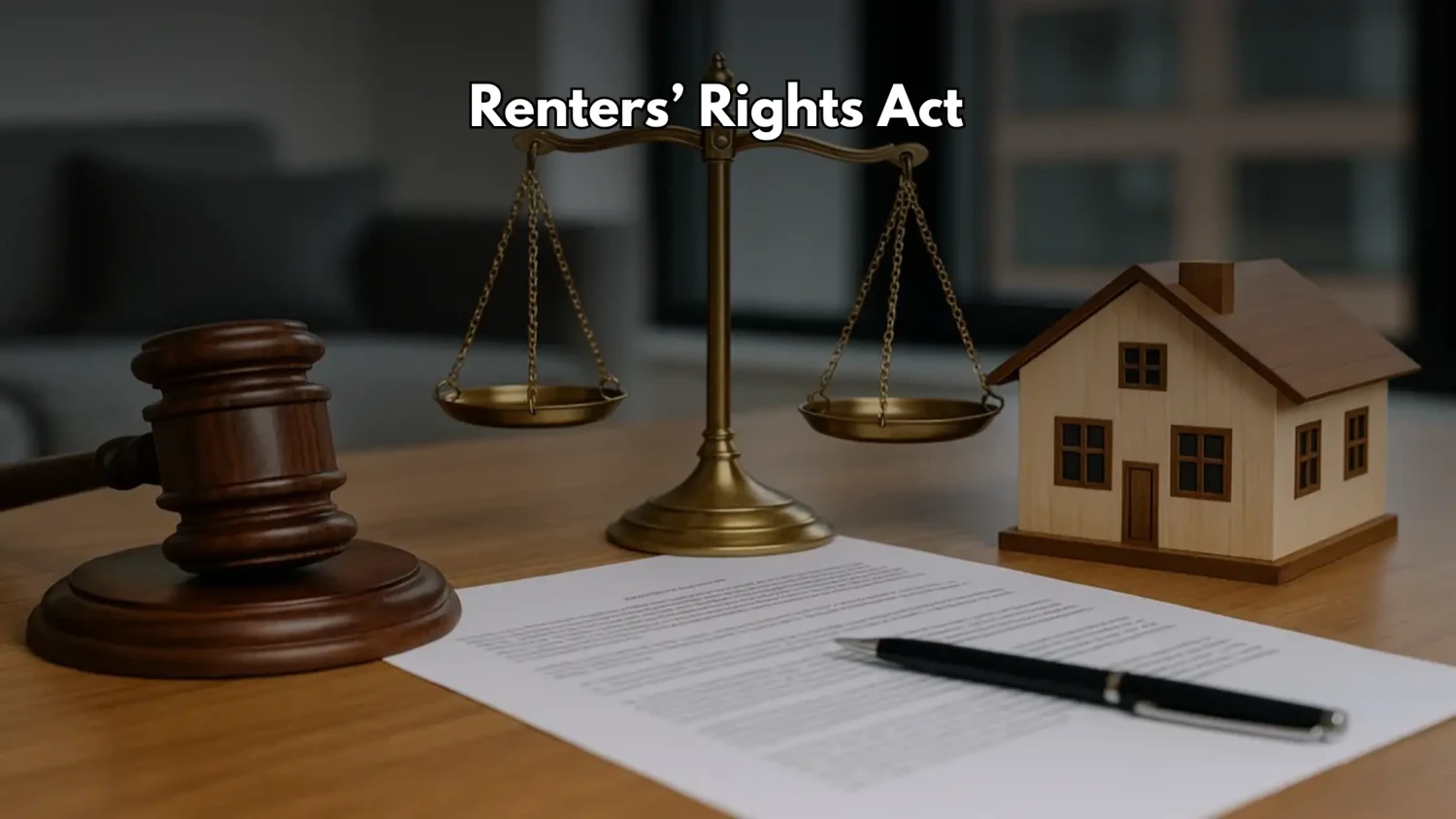
Introduction to Section 21: An Essential Part of UK Housing Law
Renting a property in the UK is accompanied by a sophisticated set of rights and obligations, for tenants and landlords. Section 21 notice, under the Housing Act 1988, enables landlords to recover their home without reason.
This process, commonly known as a "no-fault eviction", has been controversial for decades. Landlords view it as a way of managing their properties, but tenants describe it as unfair and disruptive. With reform poised on the horizon, it's more important than ever to comprehend Section 21 and how it works.
The Purpose and Implications of a Section 21 Notice
A Section 21 notice allows landlords to legally repossess their property at the end of an AST without having to prove fault on the tenants' part.
But this notice is not technical. The consequences are draconian:
- For landlords, it's a quick means of repossessing their property.
- Being asked to vacate a home can be heartbreaking, even for tenants who have always paid their rent on time and never contravened the rules.
For a notice to be effective, landlords should
- Form 6A (if the tenancy began after October 2015)
- Serve not less than 2 months' notice
- Protected deposit and has provided the How to Rent guide, Gas Safety and EPC certificates
If the statutory requirements are not met, the notice is ineffective and can be struck out by the court.
The Differences Between Section 21 and Other Eviction Notices
- Reason for Section 21 – Also referred to as a no-fault eviction, a Section 21 notice enables landlords to retake possession of a property without stating a reason.
- When Section 21 Is Served – Usually served at the end of an assured shorthold tenancy (AST), either fixed term or rolling periodic.
- Notice Period for Section 21 – A minimum of two months, and served via the formal Form 6A.
- Legal Rules for Section 21 – Landlords have to abide by every requirement, such as deposit protection and serving the correct legal papers. Because one mistake will invalidate the notice in court.
- Usage of Section 8 – Employed when a tenant has violated the tenancy agreement. Though reasons can range from arrears of rent, property damage, or antisocial behaviour.
- Notice Period under Section 8 – Ranges from two weeks to two months, depending on the reasons listed in Schedule 2 of the Housing Act 1988.
- Chief Distinction – Section 21 is not fault-based but insists on strict compliance with the law. Section 8 is fault-based and can result in disputed hearings.
- Landlord Preference – Traditionally, landlords have preferred Section 21 for its ease and higher success rate.
- Effect of Future Reforms – With proposals to end Section 21 notices, landlords might have to depend more on Section 8 and other legal possession avenues.
- Why This Is Important Now – Both landlords and tenants need to realize the distinctions in order to guard their property rights and housing security as the UK rental market continues to change.
How Recent Legal Changes Have Affected Section 21 Procedures
In the last few years, Section 21 rules have been greatly tightened, especially with the addition of:
- Deregulation Act 2015: Made Form 6A compulsory and added new compliance regulations
- Tenant Fees Act 2019: Restricted exorbitant charges, further making it harder to qualify for notices
Recently, Section 21 evictions have risen all over the UK, largely due to the Renters (Reform) Bill. Landlords are serving notice in bulk these days, as they fear losing this avenue soon.
All these changes have rendered the procedure more legally cumbersome. Today, even a small mistake can invalidate a notice, and therefore, landlords must stay informed about the rules or risk having their case dismissed in court.
The Possible Future of Section 21: What Future Reforms Might Mean for You?
The Renters (Reform)The 2023 Renters (Reform) Bill will abolish Section 21 notices and bring in a regime in which landlords can reclaim properties only on reasonable grounds.
The government announced the reform will not take hold until the court system itself is reformed to allow faster and fairer hearing of eviction matters. However, to date in August 2025, Section 21 remains on the statute books and in use.
If Section 21 is repealed
- Landlords will need to resort to stronger grounds under Section 8 (or a revised version)
- Tenants will be more secure and better protected from the prospect of immediate eviction
- The entire rental market may shift toward longer tenancies and more regulated landlord behavior
Whether a forward-thinking landlord or a tenant waiting in limbo, this reform has the potential to revolutionize renting in the UK for good.
Conclusion: Navigating the Challenges of Section 21 with Confidence and Clarity
Section 21 is coming to an end, but it remains one of the strongest legal weapons available to landlords and a threat to the security of tenure of tenants.
Landlords need to be fully aware of the procedure and comply with all the law requires.
Tenants need to be aware of their entitlements and take legal advice if they receive a Section 21 notice.
It is important to understand this law. Knowledge is the best defence—defending your home or protecting your property investment.









